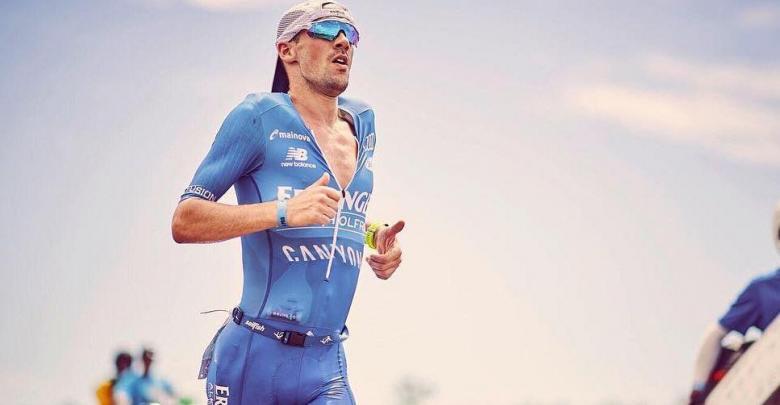Patrick Lange, talks about anti-doping regulations and the Aderlass operation
Patrick Lange, has attacked the media for irresponsibly linking the triathlon with a global doping network.

We echo this interview conducted on the 220triathlon.com website, where the German triathlete gives his point of view on the current doping control system in triathlon.
The Ironman world champion, Patrick Lange, has attacked the media for irresponsibly linking the triathlon with a global doping network, and has also called for a change in procedures that address the use of drugs to improve performance in sports, reports Tim Heming.
Twenty-one athletes were accused of being part of a doping plot after a police raid at the Nordic Ski World Championships in Austria in February. Nine arrests were made in Seefeld as part of Operation Aderlass, and other arrests were made in Erfurt, Germany.
Interest awoke in relation to triathlon when There were reports that the places where the blood was transported for transfusions included Hawaii, the former residence of the Ironman World Championship.
The rumors were aggravated because the involved doctor in Operation Aderlass, Mark Schmidt, had previously been cited as that tI worked with long-distance triathletes found guilty of doping offenses.

However, the Munich Prosecutor's Office which is carrying out the investigation has confirmed thatThe shipment in question is related to the Honolulu Marathon which takes place in December. “It is a disaster for the media to take the triathlon to that circle without even knowing that the triathletes are involvedLange said. “Blood transfusions were made in Hawaii, that's bad. But mixing that [with the triathlon] without knowing that the triathletes are involved is also bad.
"This whole story is like a detective movie. When I read the news, I sit there with my mouth open. I can't believe there's a mob culture behind this. It is really crazy.
"I'm not saying that triathlon is a clean sport, because we have had positive cases and, in my opinion, they should be prohibited for life ”. If you dope, then you have to be expelled from the sport to alwayse ".
However, Lange is far from satisfied with current test procedures, believing that he imposes unfair demands on athletes.
"We are always blaming the athlete. Now everyone in Germany is screaming that we have to have stronger controls, but I say: “As a clean sportsman, what else can I do?”
Every two or three weeks there is a strange guy who enters my apartment. I have to take off my pants, he is looking directly at my crotch and putting a needle in my arm. I have had many cases in which the doctor did not take the vein in the puncture and I had pain in the arm during three weeks of swimming due to an anti-doping test".
Lange was also critical of the ADAMS system, a monitoring interface where athletes have to report their whereabouts to anti-doping inspectors for an hour every day. “All my privacy is gone", said. “CWhen I leave my apartment for more than an hour, I have to put it in the system. We had the Stasi before in the GDR, and it's the same. I think we have to change the system behind him.
For example, in Germany, drug tests are paid for by three main organizations: the government, private sponsors and federations. The private sponsors are perhaps the 5%, the 45% is the government and the rest are the federations.
Of the federations, the soccer one pays more than the 95% for the tests of drug detection, and has a veto in all the decisions.
“All the federation's money comes from winning medals and world championships, so what's the point of giving the federation control and letting them decide? That doesn't make any sense. I say that if you have a positive test in a laboratory, you have to go to CAS [Court of Arbitration for Sport] in Switzerland, to a neutral court. I hope Ironman will be different, but I don't know ".
As with football, Ironman has signed the code of the World Anti-Doping Agency (WADA), but it also has a results management protocol, which gives it jurisdiction over doping cases.
“They need to change the system and not impose more punishment on the athlete,” Lange said. ” We want to promote clean sports and we do everything we can, but it is a general suspicion for all athletes now and it is wrong ".
There are no previous results.




























